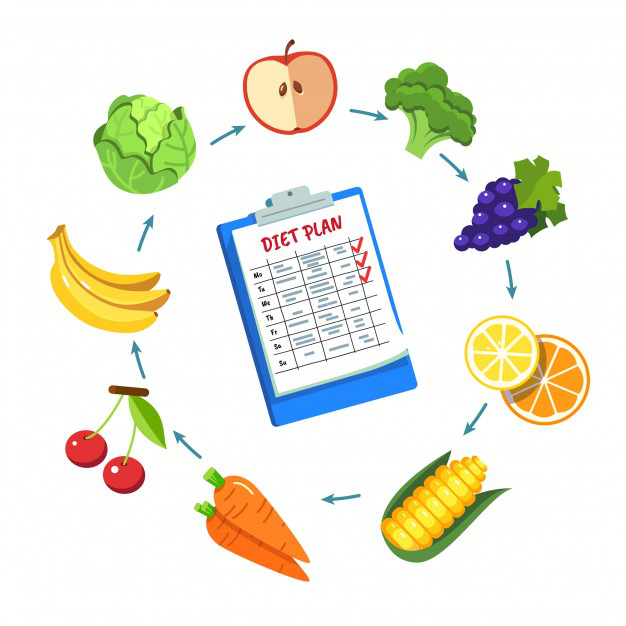A food journal or a food diary can be a very important tool if you manage it well. It will enable you to understand your eating habits, patterns (good or bad), and the foods you tend to eat and enjoy, irrespective of whether they’re good or bad for you. Experts have done studies and found that keeping a journal can almost doubly improve your chances of losing weight compared to those who do not.
A food journal is a daily log of what and when you drink and eat. It can also help you explain to your doctor your eating habits, which can be the difference between effective and useless treatment. And it’s not only helpful when you want to lose weight, it can help you eat healthier by making positive changes in your diet. Tracking your calorie intake is very important. Connect with certified nutritionists with FITFEAST to find out what you should be eating and what you should be avoiding. Plus, you can record your food and calorie intake in-app.
5 Reasons to Keep a Food Diary
1. Recognizing Potential Intolerances
When you note what you eat and what you drink, you enable yourself to find out whether any particular foods do not suit you. The reactions to foods manifest either instantly or after several hours. If you also write down how you felt after eating a certain food, it can help you eliminate certain foods from your diet. You might feel bloated after eating, say gluten, eggs, dairy, etc., which would mean that you’re intolerant to them. Similarly, you can find out the foods that are especially beneficial for you.
2. Weight Loss
Of course, weight loss is one of the most important benefits of controlling your diet. Whether we realize it or not, certain unhealthy eating habits stop us from losing weight as we would like. When you make writing down your meals a habit, you might be demotivated to eat that extra bread or indulge in sweets. More often than not, it’s those little snacks that contribute to extra flab and weight.
3. Improved Nutrition Intake
When you look back to the pages of your journal, you will realize the foods you’re likely to eat and avoid. This, in turn, will help you determine if you’re getting enough nutrition. Some of us like more carbs and some like protein. The idea is to get enough of both as well as fiber, possibly 15-30 minutes before a meal. Fruits and vegetables are packed with vitamins, which the body needs to function properly, so make sure you have them everyday. You will have it in your journal in front of you about what you’re eating too much and what you need to add to your diet.
4. Portion Control
One of the most important factors when it comes to eating healthy. Our mothers are hardwired (in a good way) to feed us as much as they can but that’s not always a good thing. When eating out, some dishes come with enormous portions and we end up eating even after we’re full. Think about the soda you drink at a movie and the popcorn with it. A diary will help you control your portions and maybe even get you from 3 big meals a day to 5 small meals a day that is much better for you.
5. Identifying Eating Triggers
All or most of us eat when we have extra stress or just feel low. It’s a natural response and quite common as well. If you note the locations, time, and mood along with the meal, it can help you make better food choices. You will know that the chocolate you had one day might have been because you were stressed about a meeting or a report. Sugary foods make us feel good temporarily but are very bad for us in the long run. A food diary will help you recognize triggers that might help you get rid of unhealthy habits.

